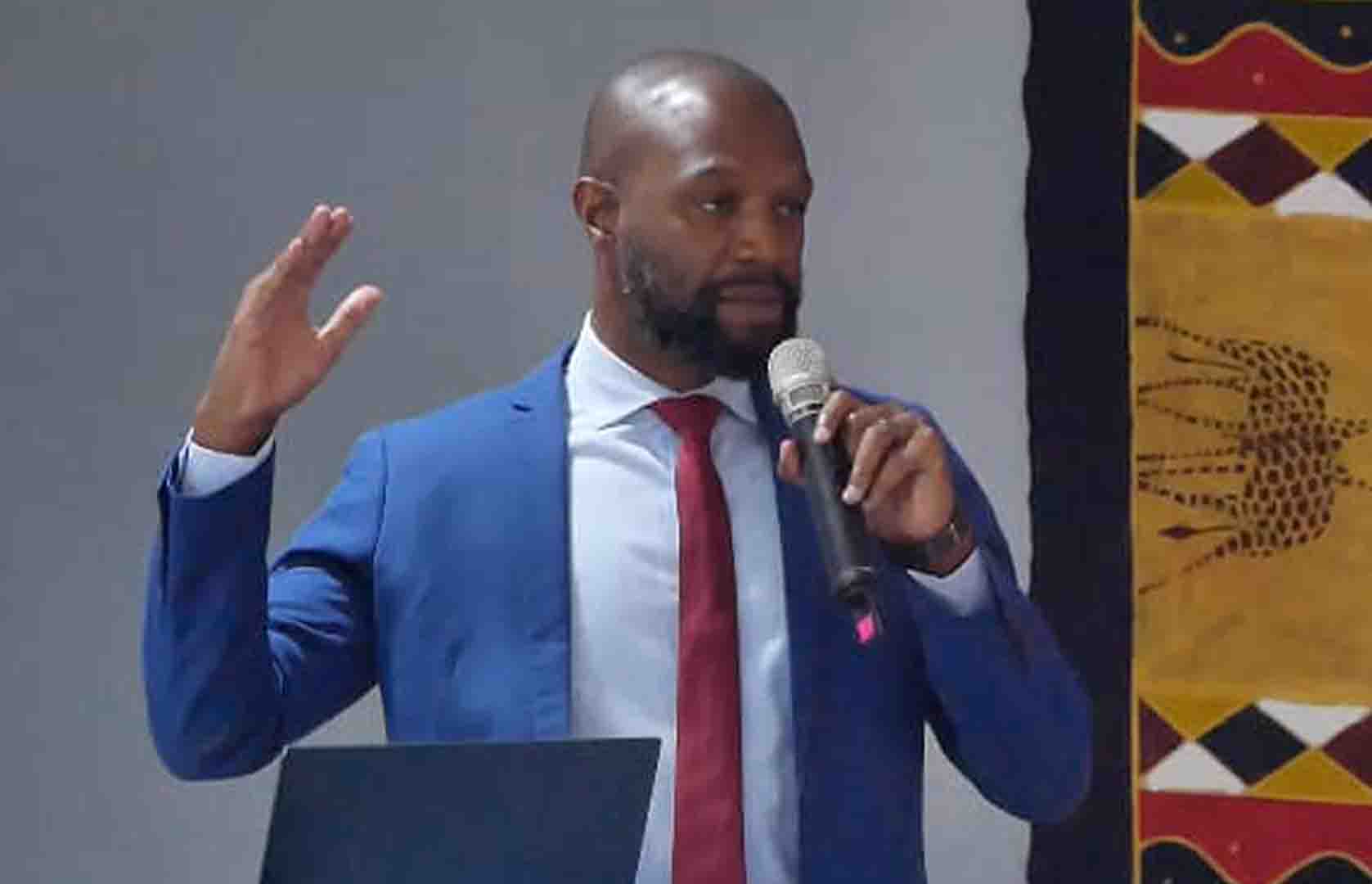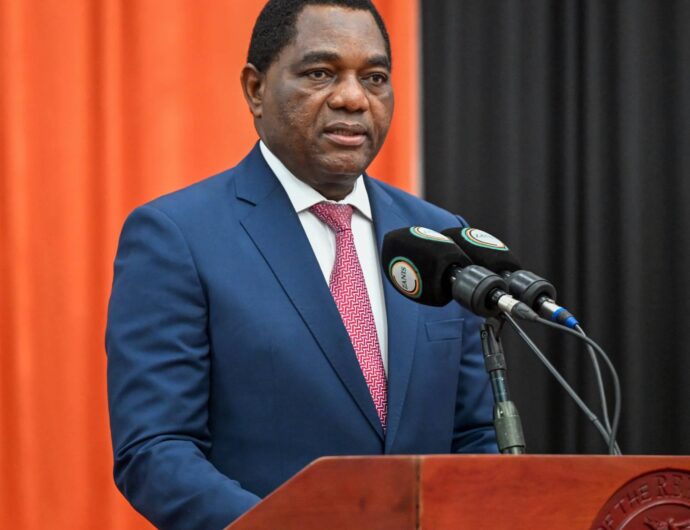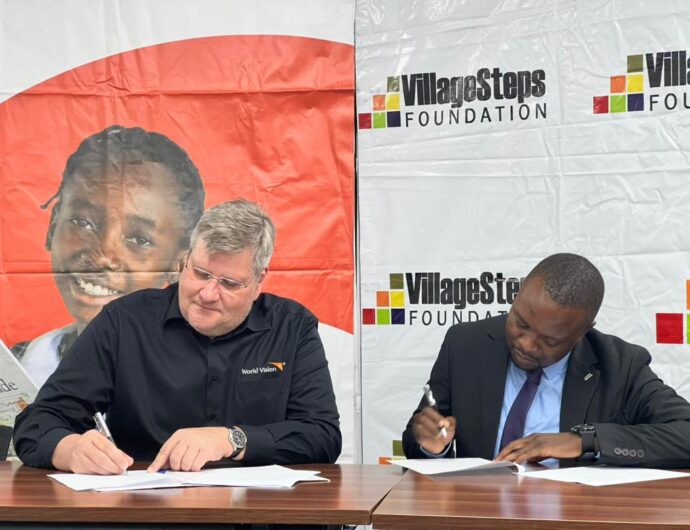The Office of the Vice President Department of Resettlement Director, Cooper Chibomba, says government is working hard to actualize the implementation of the Resettlement Policy and address its challenges.
Mr. Chibomba says the Resettlement Programme has been running since 1988, with the Rural Reconstruction Units becoming resettlement schemes now under the Office of the Vice President.
He disclosed that as of July 2024, Zambia had 107 schemes classified as active, covering one million hectares of land across 10 provinces.
Mr. Chibomba said that the mandates of resettlement are drawn from Gazette Notice 1123 of 2021 under the Office of the Vice President to resettle targeted citizens on a voluntary and involuntary basis.
He said the government ensures the provision of basic infrastructure to facilitate access to services and trade.
Mr. Chibomba said this during the Ministerial Stakeholder Engagement in Lusaka organized by the Centre for Environment Justice (CEJ) with support from the Southern African Trust (SAT).
“There is also the provision of agri-business skills to settlers and host communities, establishing market linkages, and access to inputs for settlers,” said Mr. Chibomba.
He emphasized that the Resettlement Policy 2015, among others, ensures the security of tenure, compensation, and resettlement assistance.
Mr Chibomba emphasized that the Resettlement Policy 2024 is in place to enhance rural economic transformation and settler community productivity to develop sustainable livelihood opportunities for vulnerable groups in Zambia.
Meanwhile, CEJ Executive Director Maggie Mwape appealed to the Office of the Vice President to embark on sensitizing citizens and local authorities in mining areas about the laws on compensation.
Ms. Mwape highlighted that communities in mining areas, such as Sinazongwe District in the Southern Province, face injustices, including being pressured into signing relocation agreements at low rates.
She emphasized that the government should not leave relocation negotiations to the communities, as they lack the capacity and skills to negotiate effectively on their own.
By Eva Hatontola




